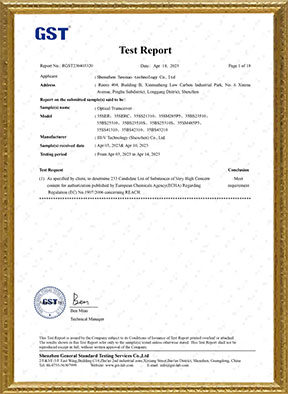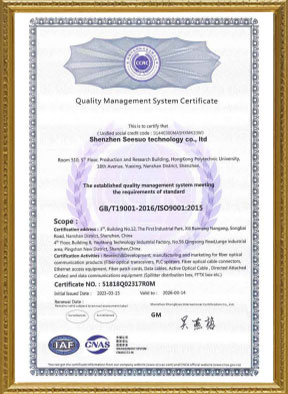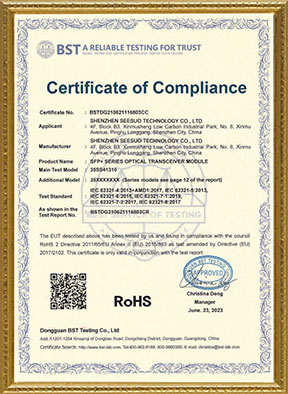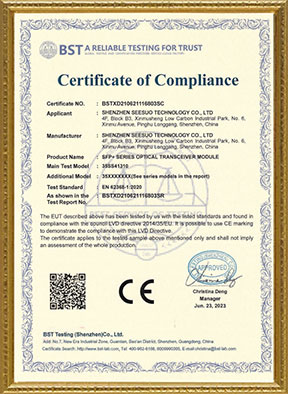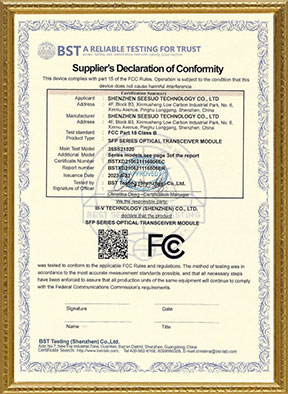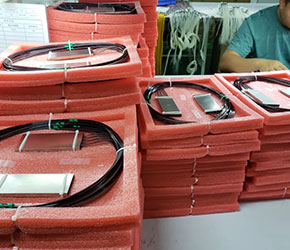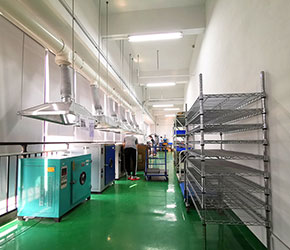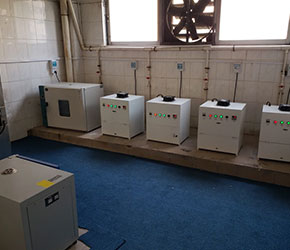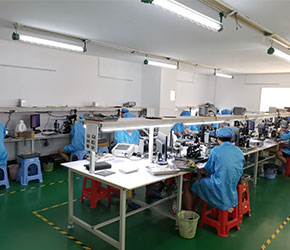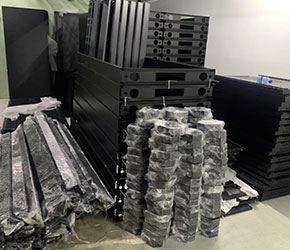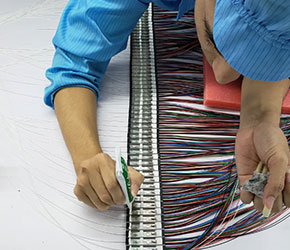SEESUO ’s DWDM SFP is a series of optical transceiver modules operating at DWDM C-band (100GHz channel spacing) wavelengths over single-Mode Fiber (SMF). They are designed for use in Fast Ethernet, Gigabit Ethernet, 1G Fibre Channel, and SONET/SDH links, compliant with the SFP MSA. SEESUO supplies OEM service and Third-Party(Cisco, Juniper, HP, Dell etc.) compatible fiber optic transceivers.
Feature:
● RoHS-6 compliant
● Compliant with SFP MSA
● Compliant with FC-PI 13.0
● Compliant with IEEE Std 802.3
● Single +3.3V power supply
● Built-in digital diagnostic functions
● DWDM 100GHz ITU Grid C Band Available
● Transmission distance up to 120km over SMF
● Supports data rates from 100Mb/s to 1.25Gb/s
● Can be used with single fiber DWDM system or dual fiber DWDM system
● Operating Case Temperature: Standard: 0~70°C; Extended: -20~85°C; Industrial: -40~85°C
Applications:
● Fast Ethernet
● Gigabit Ethernet
● 1X Fibre Channel
● SONET/SDH OC-3/STM-1
● SONET/SDH OC-12/STM-4
● SONET/SDH OC-24/STM-8
● DWDM Networks
1.25Gbps SFP Duplex WDM CWDM DWDM Transceiver Module Fully compatible with Cisco, HP, Alcatel, H3C, Huawei, Juniper, ZTE, Zyxel, D-Link, Extreme, Nortel, Netgear, Enterasys, Founfry, Adtran, Brocadem Marconi, Finisar etc.
SEESUO is one of the largest and best 1.25gbps sfp duplex wdm cwdm dwdm transceiver module manufacturers and suppliers with rich experience. Welcome to buy our high quality products or wholesale our customized 1.25gbps sfp duplex wdm cwdm dwdm transceiver module in stock with our factory.
The SFP transceivers are compatible with the Small Form Factor Pluggable Multi-Sourcing Agreement (MSA) and SFF-8472. The transceiver consists of five sections: the LD driver, the limiting amplifier, the digital diagnostic monitor, the DFB laser, and the PIN . The module data link up to 80KM in 9/125um single mode fiber. It offers a simple and convenient way to interface PCBs to single mode fiber optic cables in Dense Wavelength Division Multiplexing (DWDM) applications. It is a high performance, cost effective module for serial optical data communication applications.
The optical output can be disabled by a TTL logic high-level input of Tx Disable, and the system also can disable the module via I2C. Tx Fault is provided to indicate the degradation of the laser. Loss of signal (LOS) output is provided to indicate the loss of an input optical signal of the receiver or the link status with the partner. The system can also get the LOS (or Link)/Disable/Fault information via I2C register access.
Absolute Maximum Ratings
| Parameter | Symbol | Min | Max | Unit |
| Supply Voltage | Vcc | -0.5 | 4 | V |
| Storage Temperature | Ts | -40 | +85 | °C |
| Operating Humidity | – | 5 | 85 | % |
Recommended Operating Conditions
| Parameter | Symbol | Min | Typical | Max | Unit |
| Operating Case Temperature | Tc | 0 | +70 | °C | |
| Power Supply Voltage | Vcc | 3.13 | 3.3 | 3.47 | V |
| Power Supply Current | Icc | 500 | mA | ||
| Data Rate | 1.25 | Gbps | |||
| Fiber Length 9/125μm core SMF | – | 80 | – | km |
FAQ:
What is compatible with 1.25 g SFP?
1.25G-SFP-20DI SFP Transceiver is fully compliant to SFP Multi Source Agreement INF-8074i. Consequently, it means that module is compatible with 80% of networking equipment, where is not implemented a special algorithm for protection against third party modules.
What is DWDM SFP?
Dense Wavelength Division Multiplexing (DWDM) Small Form-Factor Pluggable (SFP) transceiversprovide the high speeds and physical compactness that today's networks require while delivering the deployment flexibility and inventory control that network administrators demand.
What is the difference between CWDM and DWDM SFP?
Compared to DWDM, CWDM is easier to deploy and manage as it needs fewer optical hardware components. Additionally, CWDM uses wider wavelength spacing, which helps bring down costs. CWDM systems generally use 8, 16, or 32 channels, while DWDM systems can support up to 96 channels.
Up to 1.25Gbps
Wavelength selectable to C-band and L-band ITU-T grid wavelengths
Suitable for use in 50GHz/100GHz channel spacing DWDM systems
DWDM SFP MSA Compliant
Low Power Dissipation
Compatible with RoHS
Single 3.3V power supply
Operating case temperature: Standard: 0 to +70°C
Gigabit Ethernet
Fiber Channel
Metro/Access Networks
Switched backplane applications
Router/Server interface
Other optical transmission systems
| Product Model | Rate | Wavelength | Distance | Connector | Cable Type | DDM | Frequency |
|---|---|---|---|---|---|---|---|
| SS-SFP1G-40D1XX-L | 1.25G | C17 1563.86nm~C61 1528.77nm | 40km | LC | SMF | With DDM | 50Ghz |
| SS-SFP1G-80D1XX-L | 1.25G | C17 1563.86nm~C61 1528.77nm | 80km | LC | SMF | With DDM | 50GHz |
| SS-SFP1G-120D1XX-L | 1.25G | C17 1563.86nm~C61 1528.77nm | 120km | LC | SMF | With DDM | 50GHz |
| SS-SFP1G-40D2XX-L | 1.25G | C17 1563.86nm~C61 1528.77nm | 40km | LC | SMF | With DDM | 100GHz |
| SS-SFP1G-80D2XX-L | 1.25G | C17 1563.86nm~C61 1528.77nm | 80km | LC | SMF | With DDM | 100GHz |
| SS-SFP1G-120D2XX-L | 1.25G | C17 1563.86nm~C61 1528.77nm | 120km | LC | SMF | With DDM | 100GHz |

OEM Manufacturer
SEESUO provides tailored OEM products based on clients' designs and specs.

ODM Manufacturer
SEESUO boastis rich R&D experence and top-notch production management.

Customized production
SEESUO provides talored product design,development, and flexible manufacturing.

R&D cooperation
SEESUO adapts swifly to market changes collaborating with customers in R&D.
-
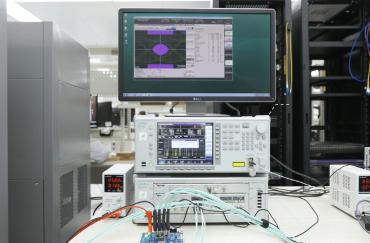 Performance ValidationVerifies output power, sensitivity, and extinction ratio for reliable and clear data transmission.
Performance ValidationVerifies output power, sensitivity, and extinction ratio for reliable and clear data transmission. -
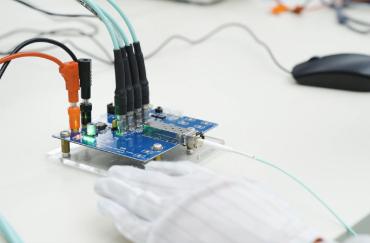 Compatibility AssessmentEnsures module interoperability, stable performance across brands, and reliability in diverse network environment.
Compatibility AssessmentEnsures module interoperability, stable performance across brands, and reliability in diverse network environment. -
 Quality EvaluationEnsures material compliance, process quality, equipment accuracy, and product specification through systematic monitoring.
Quality EvaluationEnsures material compliance, process quality, equipment accuracy, and product specification through systematic monitoring. -
 Environmental Adaptability AnaTests fiber compatibility, temperature resilience, and long-distance signal stability for reliable module performance.
Environmental Adaptability AnaTests fiber compatibility, temperature resilience, and long-distance signal stability for reliable module performance. -
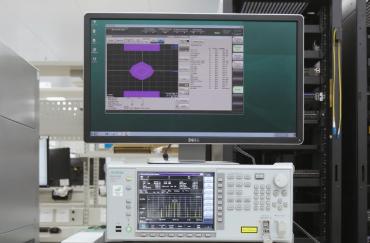 Data Rate Performance ExaminatEvaluates module capability, stability, and rate-switching performance across diverse transmission rates.
Data Rate Performance ExaminatEvaluates module capability, stability, and rate-switching performance across diverse transmission rates. -
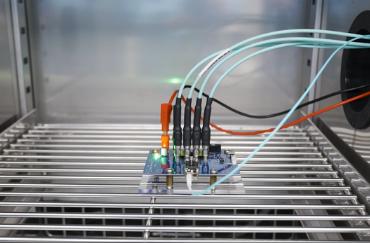 Final InspectionEnsures cleanliness, functionality, specification compliance, and packaging integrity for reliable product delivery.
Final InspectionEnsures cleanliness, functionality, specification compliance, and packaging integrity for reliable product delivery.
What does dwdm stand for?
What is the difference between cwdm and dwdm?
4.9

 Mwangi KamauKenya
Mwangi KamauKenya 4.9Using the 1.25G DWDM SFP on my Cisco ME3400 for long-range links. Super stable across 80km—perfect for reducing fiber use in metro setups!
4.9Using the 1.25G DWDM SFP on my Cisco ME3400 for long-range links. Super stable across 80km—perfect for reducing fiber use in metro setups!
 Achieng OtienoSouth Africa
Achieng OtienoSouth Africa 4.9Installed this 1.25G DWDM SFP in a Huawei S5720. Handles multiple wavelengths with no signal loss, keeping my network streamlined and efficient.
4.9Installed this 1.25G DWDM SFP in a Huawei S5720. Handles multiple wavelengths with no signal loss, keeping my network streamlined and efficient.








































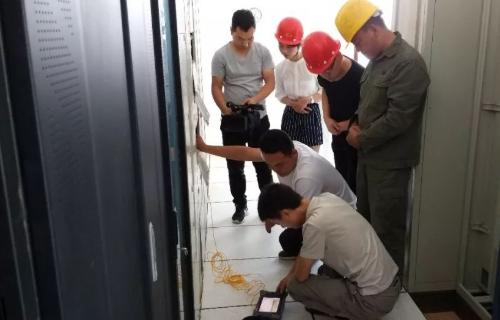





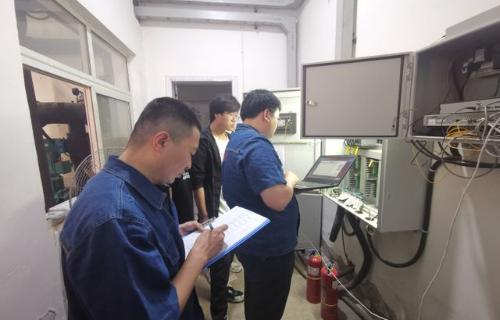
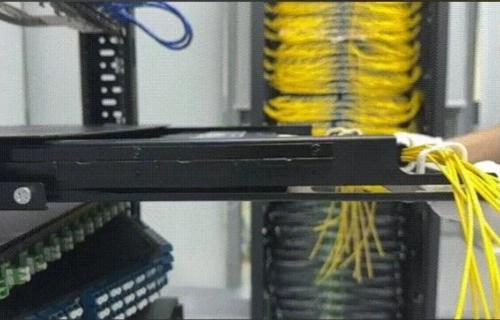
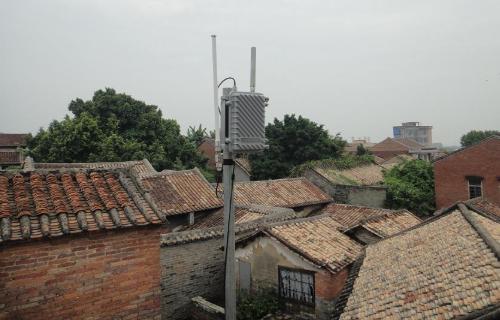
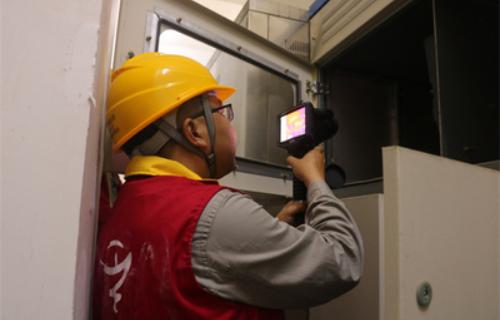



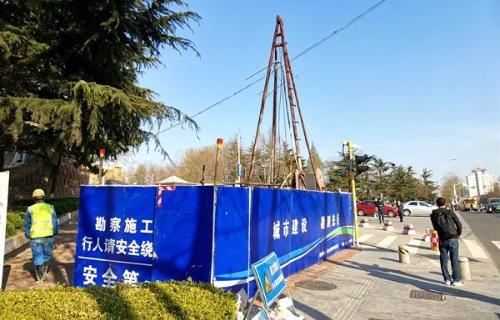






 Online consultation
Online consultation Send email
Send email









